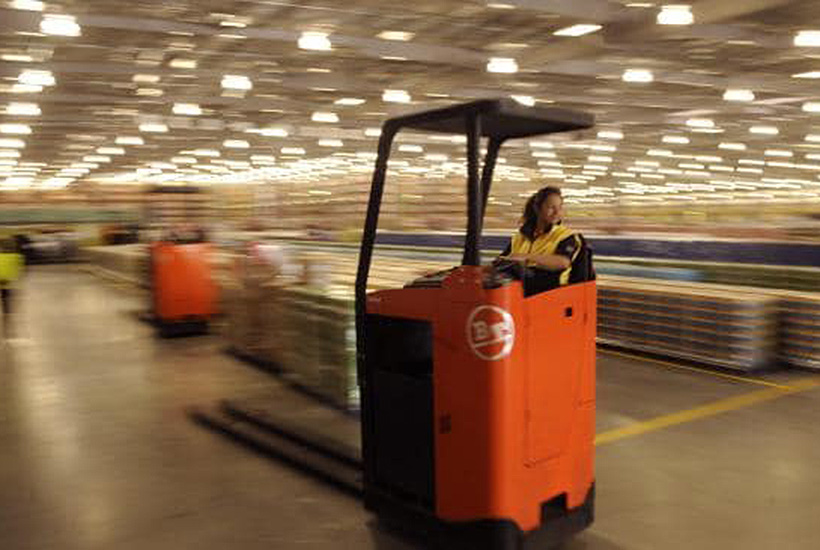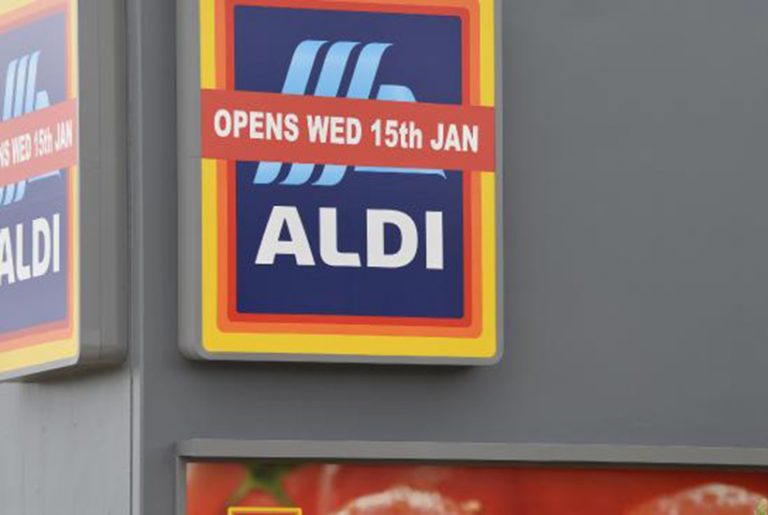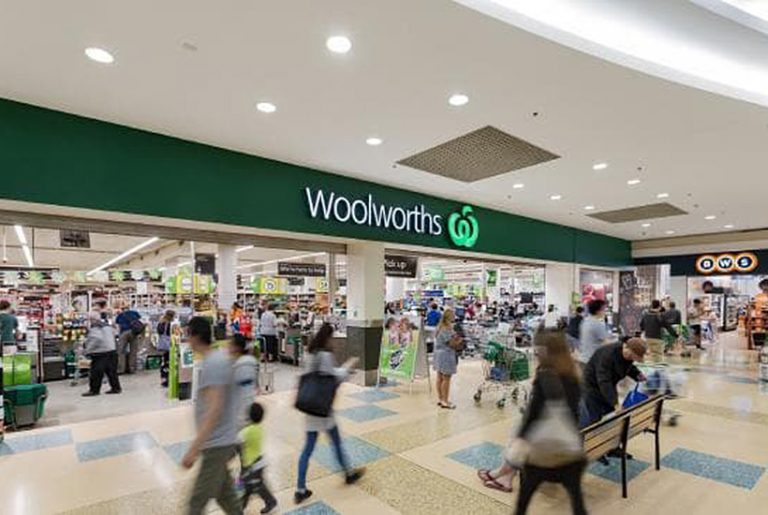Logistics sites a safe haven as demand builds for Aldi distribution centres

More than $1 billion worth of property sale and leaseback deals are in train as investors chase the safe haven offered by logistics and industrial property even amid concerns about a broader slow down in commercial real estate.
While banks have warned about a fall in the sector, with Westpac revealing concerns that a fall off in valuations could trigger loan losses, much of the pain is expected to fall on large-scale shopping centres.
Investors are instead chasing an exposure to distribution centres that are a key part of supply chains for blue chip companies that are insulated from the crisis.
In the largest direct property transaction of the year, the race for the Aldi portfolio of distribution centres, that were offered for about $700 million, is now coming to a head.
Property funds group Charter Hall, with the backing of long-time partner insurance and pension company Allianz, is at the forefront of the field. Mirvac, backed by Morgan Stanley and Asian-based logistics platform ESR also has bid. All declined to comment.
While market players say the process, run by real estate agency JLL, could be prolonged and a final deal is yet to be locked in, property executives say it could ultimately be struck at a tight yield of about 4.75%.
More Australian companies are likely to follow the path set by Bunnings, Woolworths and Coles that have successfully conducted sale and leaseback deals. More recently Telstra and BP have set up property partnerships, with Charter Hall co-owning and managing portfolios for the groups.
The coronavirus crisis is also prompting boards to focus more on liquidity and taking assets off balance sheet is a potential alternative to costly equity raisings.
Aldi has built up a network of top flight distribution centres around the country as it had made deep inroads as a supermarket operator, taking on local giants Coles and Woolworths. It kicked off a sale in February, before the crisis struck, but has been relatively unaffected.
The portfolio consists of a distribution centre in Brendale, north of Brisbane, two further warehouses in Sydney’s western suburbs of Minchinbury and Prestons and one in Dandenong in Victoria.
The assets generate an income of about $30 million and Aldi is assessing bids after they closed on April 16.
Joining Aldi on the sales side is pharmaceuticals wholesaler Sigma Healthcare, that has also fared well in the crisis. It has put a $250 million parcel of logistics sites on the block via sale and lease in a transaction on which PwC is advising.
Sigma flagged that it may undertake a sale and leaseback in March and has since appointed PwC to manage the process. It is pitching the deal as a chance for an experienced industrial landlord to strike a strategic partnership with the company.
It is offering four super prime grade distribution centres via the sale and leaseback, with three operating and one being built. They are in industrial precincts including Kemps Creek, NSW, Berrinba in Queensland, Truganina in Victoria and Canning Vale in Western Australia.
Sigma has invested about $80 million in internal fit-out and automation features, signalling their long-term occupancy commitment to the distribution centres. The portfolio has long-term net leases to Sigma of at least 15 years and real growth through fixed annual rental reviews.
This article originally appeared on www.theaustralian.com.au/property.







